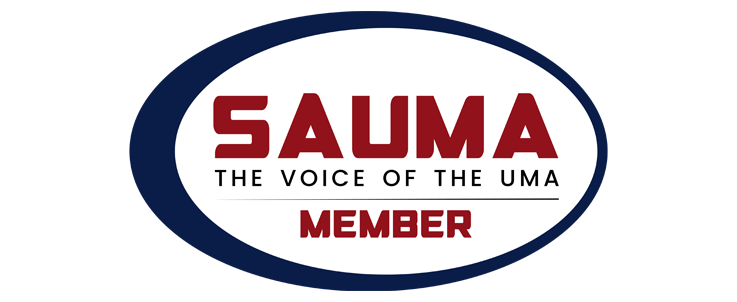As South Africa heads into autumn, the events calendar begins to fill with outdoor festivals, charity runs, corporate activations, and community gatherings. While these occasions bring people together in celebration, culture, and purpose, they also present a very real set of risks – particularly for those responsible for planning and executing them.
A recent article published by FAnews, titled “Running into Liability: The Legal Duty of Care in Running Events”, highlights a critical area of risk for event organisers: the legal duty of care. The article explores a South African court case where an organiser was found liable for injuries sustained by a participant due to inadequate route preparation. It serves as a timely reminder that legal accountability remains a fundamental aspect of hosting public events.
The Legal Landscape: Understanding Duty of Care
Duty of care refers to the legal obligation to take all reasonable steps to ensure the safety and wellbeing of individuals involved in an event – whether participants, staff, or spectators. In the context of public events, this obligation becomes particularly important, as organisers are entrusted with creating environments that minimise foreseeable risks.
From uneven terrain on a race route to poorly secured infrastructure or insufficient crowd control, the potential for injury or property damage is ever-present. When incidents occur and it is found that reasonable precautions were not taken, the legal consequences can be significant. Courts have been clear in holding organisers accountable for preventable harms, especially when those harms result from oversight or lack of due diligence.
Risk in the Real World
In the case cited by FAnews, a participant was injured after stepping into an uncovered drain during a running event. The court ruled that the organiser had failed in their duty to assess the route and eliminate foreseeable hazards. This outcome underscores the weight of legal responsibility placed on organisers, regardless of the size or scale of the event.
Such risks are not hypothetical. From food vendor accidents to collapsed staging, inadequate emergency planning, or environmental hazards, the range of exposures faced by organisers is broad and evolving. These incidents not only pose immediate safety threats, but also carry the potential for financial loss, reputational damage, and legal scrutiny.
Shared Responsibility and Proactive Risk Management
While insurance cover plays a vital role in protecting against financial consequences, it does not replace the duty of care owed by organisers. A well-structured Event Liability policy offers essential protection when unforeseen incidents occur, but it does not insulate against claims where negligence is evident.
It is in this space – between proactive planning and risk transfer – where brokers provide a critical service to their clients. By encouraging event organisers to understand their legal responsibilities and implement appropriate risk management protocols, brokers help ensure that claims are less likely to arise, and if they do, are more effectively managed.
Risk prevention measures might include:
- Comprehensive pre-event risk assessments
- Adequate security and medical response teams
- Safe infrastructure and route planning
- Clear signage and evacuation procedures
- Vendor and third-party liability management
These actions not only support compliance with legal standards but demonstrate a commitment to public safety that can positively influence claim outcomes.
The Way Forward
The duty of care is not a new concept, but it is one that continues to evolve alongside public expectations and legal precedents. For brokers whose clients include event organisers, it remains a critical component of risk advisory and policy structuring.
While the excitement and energy of live events are what audiences see, behind the scenes lies a legal and logistical framework that must be carefully constructed. By staying informed, engaging with practical tools, and advocating for responsible risk management, brokers are uniquely positioned to support their clients in building safer, more sustainable events.
As South Africa’s events industry continues to grow, KEU remains committed to supporting brokers with not only the best insurance solutions, but also the knowledge and resources they need to navigate this space confidently.






